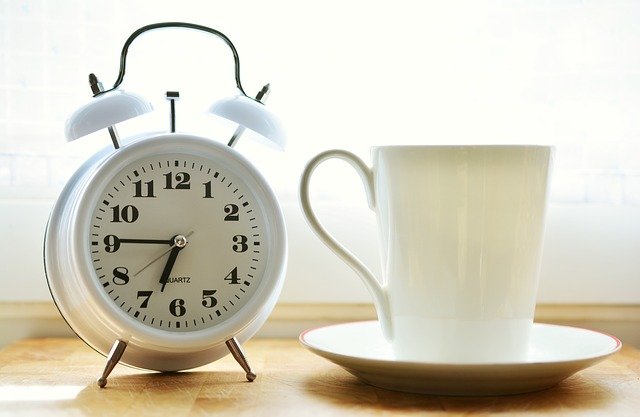Breakfast has always been known as the most important meal of the day for time immemorial. While it is easy to skip this important meal of the day and fall into poor mealtime habits if you have a hectic lifestyle, late-night dinner and avoiding breakfast can present dire consequences if you have a heart attack.
According to the new research, late-night dinner and skipping breakfast could cause worse results if you’ve had a cardiac arrest. Discover through the post if lack of taking breakfast and bad mealtimes is bad for your health.
Is skipping breakfast and poor mealtimes bad for your heart health?
According to the reports from the new study published in the European Journal of Preventive Cardiology, people who have had a heart attack are five times more likely to die, experience another attack, and even develop chest pains if they follow these eating habits.
The research evaluated unhealthy habits in victims with acute coronary syndrome and discovered that 58% of the patients have a habit of skipping breakfast while 51% recorded eating late night dinner.
The study also featured patients suffering from an acute form of heart attack known as STEMI, ST-segment elevation myocardial infarction. And according to the study author, Dr. Marcos Minicucci, one in every ten patients dies of STEMI per year, while diet is a cheaper and easier way of enhancing prognosis.
From the 113 participants asked about their eating habits, skipping breakfast was defined as lack of eating anything before lunch and late-night dinner eating as taking a meal two hours to bedtime at least three times a week.
Heart-healthy habits are the way for a better heart.
According to previous data, people who miss breakfast and eat late-night meals are prone to developing other unhealthy habits that can escalate the risks of having heart-related problems, like smoking and insufficient levels of physical exercise.
According to Dr. Minicucci, the research showed that the two eating habits are separately linked to bad results after a heart attack. However, having a group of bad habits can only worsen the results.
Dr. Minicucci recommends that instead of forgoing breakfast and taking meals before bedtime, try embracing a healthy eating schedule if you want to maintain a healthy heart.
Also, he proposes a two-hour gap between dinner and bedtime because what matters is the time between dinner and sleep time, not the food taken for dinner.
It is always said that the best way to live is to eat breakfast like a king. This is because a good breakfast often consists of carbohydrates (bagels, whole wheat bread, and cereals), dairy products (low-fat milk, cheese, or yogurt), and fruits. Also, it should contain 15-35% of our daily calorie requirements.
How to eat a heart-healthy diet.
Follow the following guideline to have a heart-healthy diet:
- Eat a variety of whole-grain products daily.
Incorporate whole grains foods that have a high ratio of nutrients and fibers in your daily meals. Examples of such meals include oats, brown rice, and whole-wheat bread.
- Eat lots of fruits and vegetables.
Ensure you eat vegetables and fruits each day. Deep orange, dark green, and yellow fruits and vegetables are particularly nutritious. Carrots, spinach, berries, and peaches are some of the common examples.
- Eat fish at least twice a week.
Oily fish such as mackerel, salmon, sardines, herring, and lake trout contain omega-3fatty acids that are best for your heart.
- Choose healthy fats.
Despite the fact that all fats have high calories, unsaturated fats like olive, sunflower, canola, and corn oils are preferred. All you need to do is to check your daily servings.
- Limit your salt intake.
- If you are drinking alcohol, drink moderately.
- Limit foods and drinks with added sugars.
Conclusions.
Though it might seem convenient to skip breakfast before taking that morning run or eat dinner late at night after the evening exercises, these eating habits may cause more bad than good if you have had a heart attack.
According to research findings published in the European Journal for Preventive Cardiology, people who skip breakfast and eat late-night dinner tend to experience worse results after suffering a heart attack.
Though the study evaluated people who have suffered a heart attack before, prior studies support these results even in healthy persons. So, if you need to keep your heart health in check, normalize taking breakfast daily and eating dinner in time-two hours before bedtime.











Add Comment